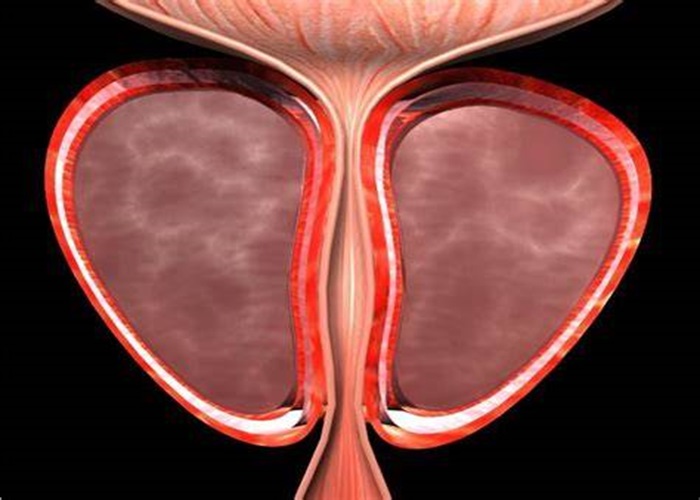A swollen prostate, also known as benign prostatic hyperplasia (BPH), is a common condition that affects many men as they age. It occurs when the prostate gland, which is located just below the bladder, grows in size and presses against the urethra, causing urinary symptoms. While a swollen prostate can be uncomfortable and inconvenient, many men wonder if it will go away on its own without treatment. In this article, we will explore whether a swollen prostate will go away and what treatment options are available.
What causes a swollen prostate?
The exact cause of a swollen prostate is not well understood, but it is believed to be related to hormonal changes that occur as men age. Specifically, as men get older, their levels of testosterone and other hormones may change, which can cause the prostate gland to grow in size. Other factors that may contribute to a swollen prostate include genetics, obesity, and certain medications.
Will a swollen prostate go away on its own?
In some cases, a swollen prostate may go away on its own without treatment. This is particularly true in cases where the symptoms are mild and do not significantly impact quality of life. However, for many men, a swollen prostate will not go away on its own and may even worsen over time, leading to more severe symptoms.
What are the symptoms of a swollen prostate?
The symptoms of a swollen prostate can vary depending on the severity of the condition. Common symptoms include:
- Frequent urination, particularly at night
- Difficulty starting urination or maintaining a steady stream
- Weak urine flow
- Dribbling after urination
- A feeling of incomplete bladder emptying
- Urinary retention, or the inability to urinate
Treatment options for a swollen prostate
If a swollen prostate is causing significant symptoms or complications, treatment may be necessary. There are several treatment options available, including:
Medications: Medications, such as alpha blockers and 5-alpha reductase inhibitors, can help relax the muscles of the prostate and reduce its size. These medications can be effective in reducing urinary symptoms and improving quality of life.
Minimally invasive procedures: Minimally invasive procedures, such as transurethral resection of the prostate (TURP) and laser therapy, can be used to remove excess prostate tissue and improve urinary symptoms. These procedures are typically performed under anesthesia and involve inserting a small instrument through the urethra to remove or destroy the excess tissue.
Surgery: Surgery may be necessary in cases where the prostate is significantly enlarged or other treatments have not been effective. There are several types of surgical procedures that can be used to remove the excess tissue, including open prostatectomy and robotic-assisted laparoscopic prostatectomy.
Conclusion
A swollen prostate, or BPH, is a common condition that affects many men as they age. While some cases may resolve on their own, many men require treatment to manage their symptoms and improve their quality of life. Treatment options include medications, minimally invasive procedures, and surgery. If you are experiencing symptoms of a swollen prostate, it is important to speak with your healthcare provider to determine the best course of treatment for your individual needs.
Related topics
- 4 Natural Treatment For Enlarged Prostate In Elderly: A Quick Guide
- 5 Effective Home Remedies For Managing Prostate Enlargement
- What Are The Symptoms Of A Swollen Prostate?


